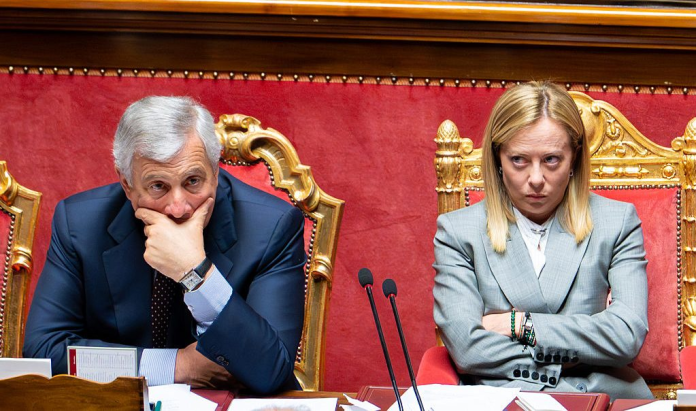Italy’s Tribunal of Ministers, a judicial body tasked with adjudicating alleged crimes by sitting government ministers, is poised to bring criminal charges against Prime Minister Giorgia Meloni and senior cabinet members, Euractiv reports.
The case centres on their controversial decision to release Libyan General Osama Najeem Almasri—wanted by the International Criminal Court (ICC) for murder, torture, and rape—and repatriate him to Libya aboard an Italian military aircraft in January 2025.
Almasri, former head of Libya’s judicial police, was arrested in Turin on 19 January under an ICC arrest warrant detailing atrocities at Tripoli’s Mitiga detention centre, where he allegedly oversaw systematic abuse from 2015 to 2024.
According to the ICC, these included the torture and murder of detainees, sexual violence against “at least 22 individuals, including a five-year-old boy,” and the deaths of 34 prisoners due to executions, medical neglect, or exposure.
Despite the gravity of the charges, Italy’s Court of Appeal in Rome ordered his release just two days later, citing “procedural irregularities” in the arrest. He was then flown to Tripoli on an Italian Air Force Falcon 900 jet, where he received a hero’s welcome.
Judicial scrutiny and contradictions
Tribunal documents reveal that Justice Minister Carlo Nordio’s chief of staff, Giusi Bartolozzi, was notified of Almasri’s arrest on the afternoon of 19 January, contradicting government claims that ministers learned of the case too late to act. This evidence forms a key pillar of the inquiry into possible dereliction of duty by Meloni, Nordio, Interior Minister Matteo Piantedosi, and Undersecretary Alfredo Mantovano.
The Tribunal’s findings suggest the release was a “politically orchestrated operation,” with opposition lawmakers demanding Nordio’s resignation and parliamentary accountability for Meloni.
Democratic Party MP Debora Serracchiani characterised the decision as a “deliberate political act,” noting the use of a government aircraft for Almasri’s return underscored its calculated nature. Critics argue the move prioritised Italy’s migration-focused relationship with Libya, where Rome funds coast guard operations and detention centres, over international legal obligations.
The ICC Pre-Trial Chamber is now weighing whether to refer Italy to the Assembly of States Parties or UN Security Council for sanctions, a rare censure against a founding ICC member. With Meloni concurrently under domestic investigation for alleged abuse of office and aiding a fugitive, the dual crises threaten both her government’s stability and Italy’s standing in international justice.
